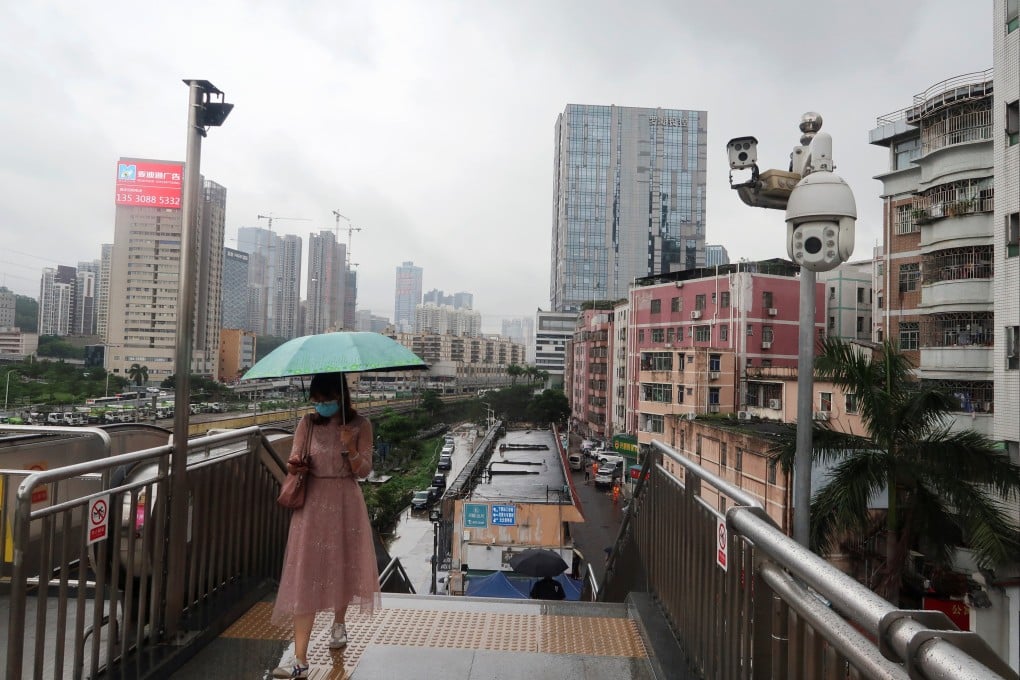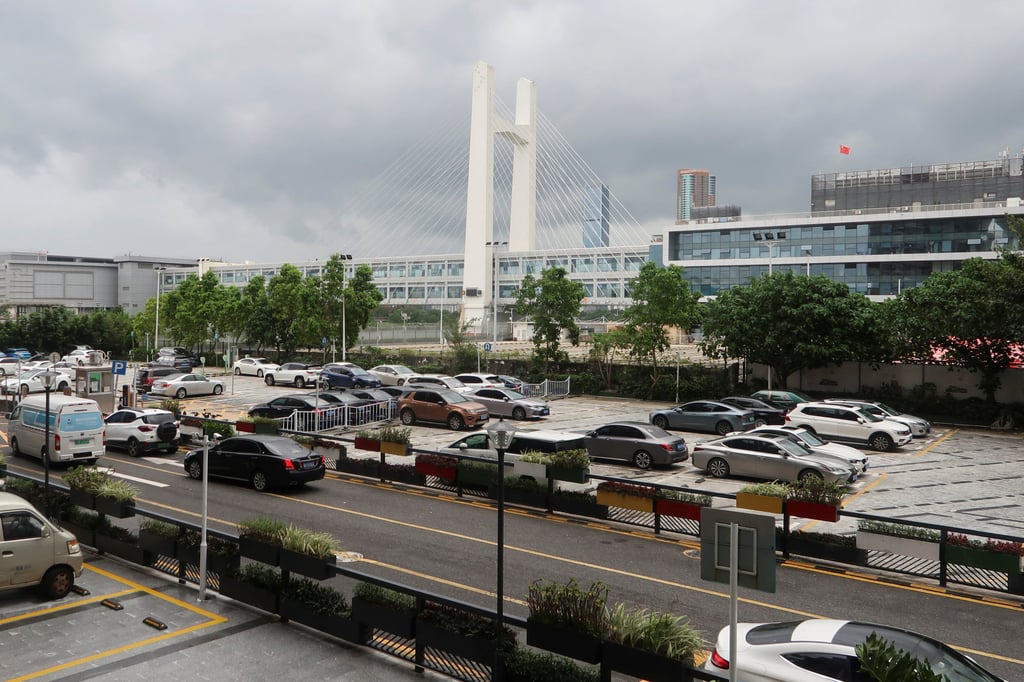China’s tech hub Shenzhen rolls out incentives to aid economy battered by Covid-19 controls
- The government has promised tax credit refunds, cash subsidies, free services and other relief measures to support businesses
- Shenzhen, which was put under a citywide lockdown for a week in March, saw only 2 per cent GDP growth in the first quarter

Shenzhen, China’s southern tech hub, has rolled out a 30-point package, including tax incentives, cash subsidies and consumption stimulus, to aid the local economy hit hard by strict Covid-19 control measures.
The city’s government pledged to refund excess tax credits to businesses affected by the pandemic, including catering, accommodation, culture and other industries. It also promised to waive late payment fees for small and micro businesses that failed to pay electricity and water bills from June to November.
Trucks passing through the city’s checkpoints with Hong Kong would receive free services, while airlines operating out of the Shenzhen Baoan International Airport would receive a cash subsidy of 10 yuan (US$1.49) for each inbound or outbound passenger, authorities said.
